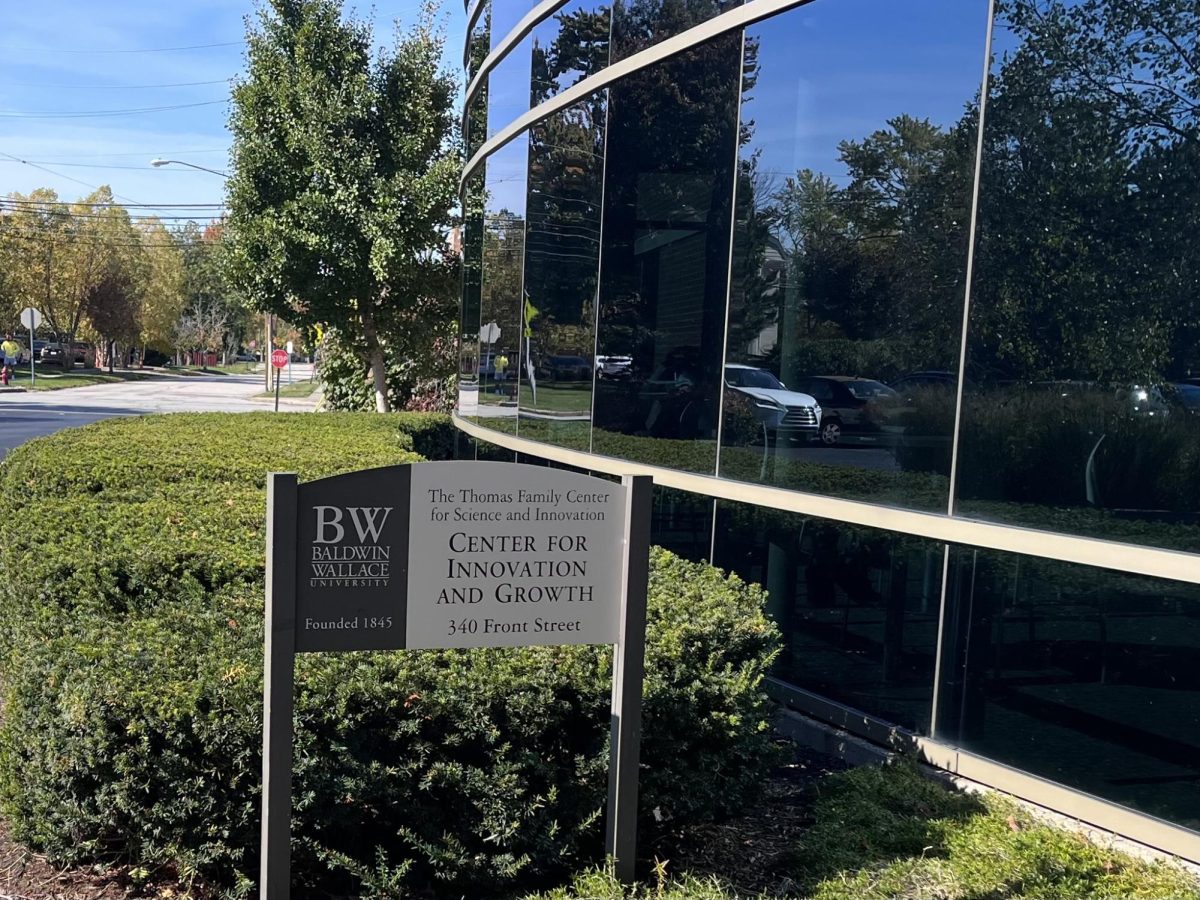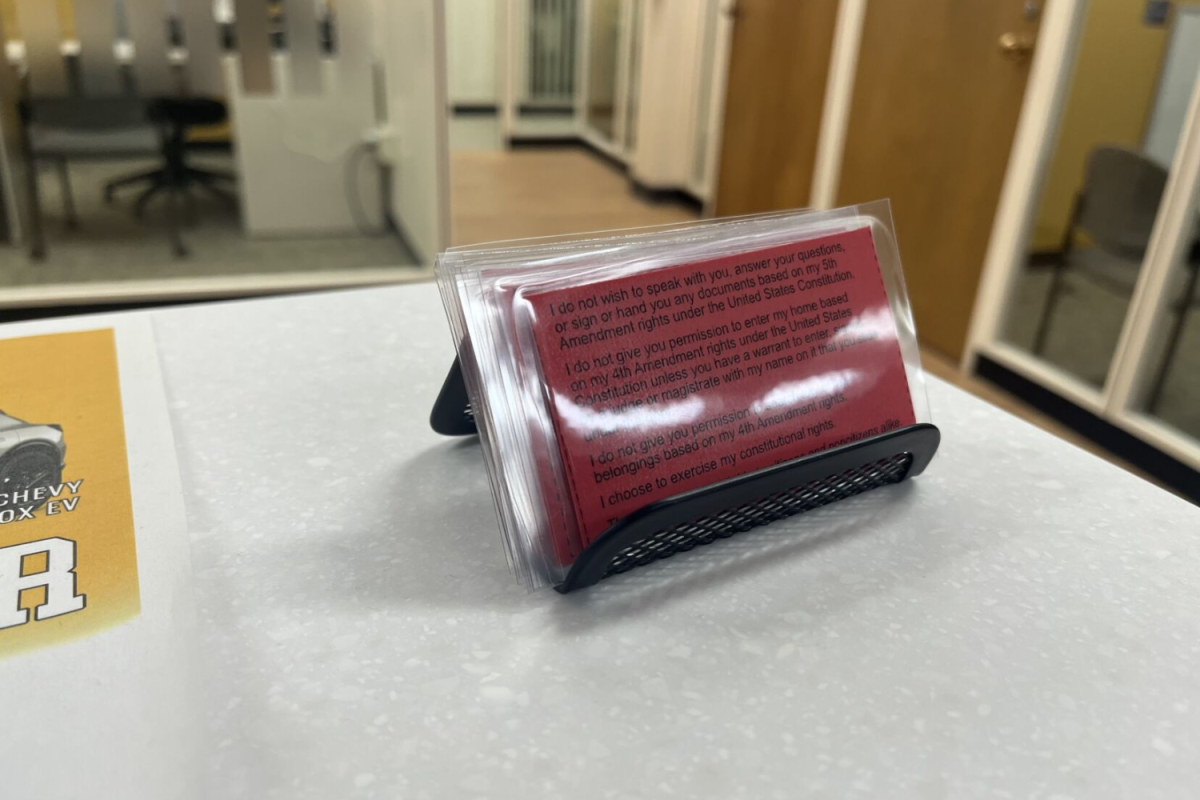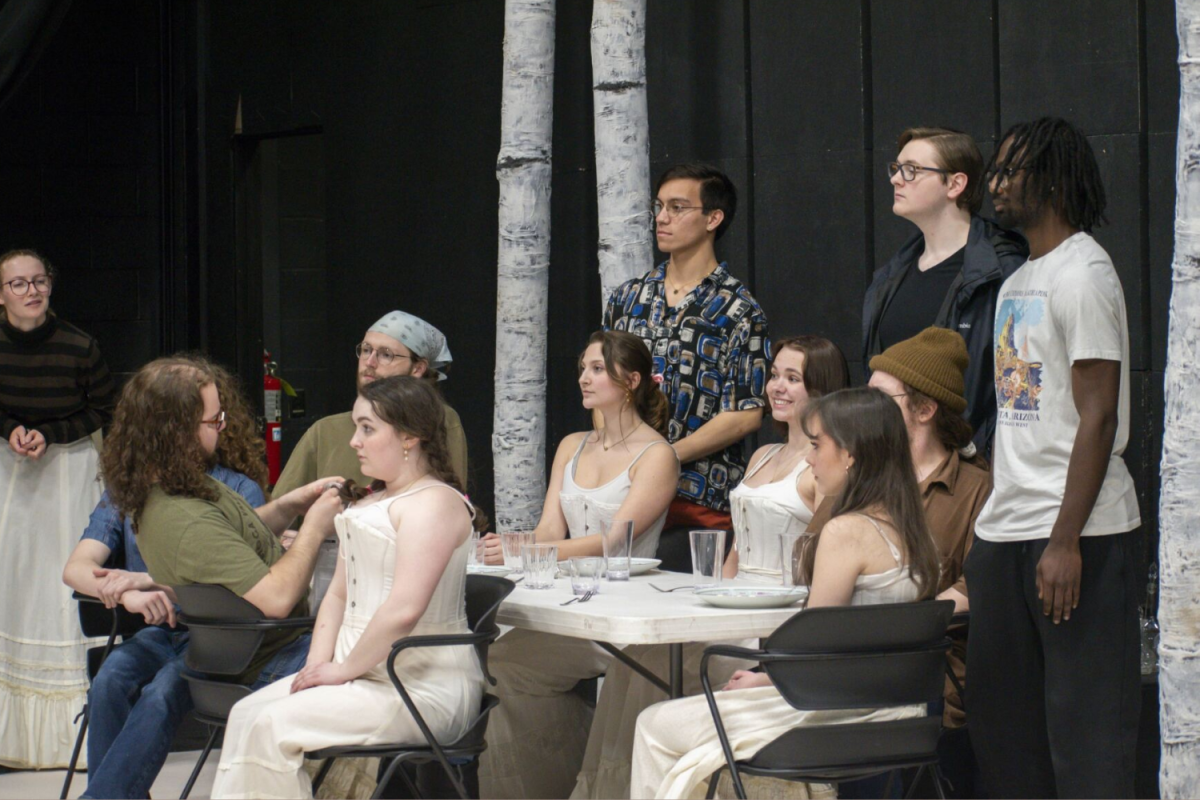When Xiamara Hohman, the visiting assistant professor of English, was denied funding in graduate school, one faculty member attempted to console her by suggesting she rely on her husband for funding. For Hohman and other faculty on campus, these types of disrespect often come with being a woman in authority positions.
Hohman said: “Motherhood and academia can sometimes be at odds with one another.” With labor expectations in the home weighing mostly on mothers, meeting expectations of tenure and grading at the same time can be difficult for women in ways that are not often true for men, Hohman said.
When dealing with these instances of disrespect or inequality, Hohman said that having a supportive group of other women and learning to “find joy in these spaces” is essential. Additionally, she said there are opportunities for institutional support, like grants and funding, which attempt to create equity between men and women.
Christine Varga, the associate director of campus recreation programs, said that, though women are empowered to join and pursue careers in athletics, more women aren’t necessarily in the higher leadership roles.
Varga said: “I’ve spent years where I was the only female in the department. And, we go to conferences, and it’s all males and I’m the only female.”
Varga said that women also tend to face unseen barriers. For example, Varga said she stepped away from her career ambitions to raise kids, a disruption that many men in her position would not experience.
Varga said that Baldwin Wallace needs a women’s resource on campus for female students to find role models and support.
“People don’t necessarily have those mentors readily available, but I think just starting some conversations and talking to other women is really necessary,” Varga said. “It’s not gossip, no, it’s talking through some stuff and getting your thoughts organized and then taking it to somebody who can position you to handle that conflict.”
Chelsea Donovan, the program manager for executive and professional development, said that communication is key for gender conflict.
Donovan said: “People who are offering that micro aggression, they might not realize that they’re doing it, so I think calling them out is a very powerful response.”
Young people who are seeking professional development should know that “in the end it is important to realize that you, no matter who you identify as, you should be able to take up that space, you should be able to still show up,” Donovan said.
Donovan also said that people shouldn’t be afraid to talk about their accomplishments, because they “often don’t give themselves enough credit for what they can bring to the table.” It is important to move past any imposter syndrome and know that “anyone has the ability to elevate their career,” Donovan said.
A correction was made on Jan. 25, 2024: Due to an error produced while editing, both the online and print edition of this story read that after Hohman “was refused funding in graduate school, she was told that she could rely on her husband for funding.” The uncorrected version does not include the fact that it was one faculty member that she confided with that suggested that she may rely on her husband. The Exponent regrets this error.


































Ben Malkevitch • Jan 22, 2024 at 1:08 pm
It’s important to note that most men in academia are all too willing to benefit from their privilege; they are either oblivious to it or, worse yet, all too glad to benefit from it. The onus should be on men to educate themselves on how to make more space for women, from the day-to-day not talking over and dominating conversations to more global things like equal opportunities for all genders in career advancement in academia.